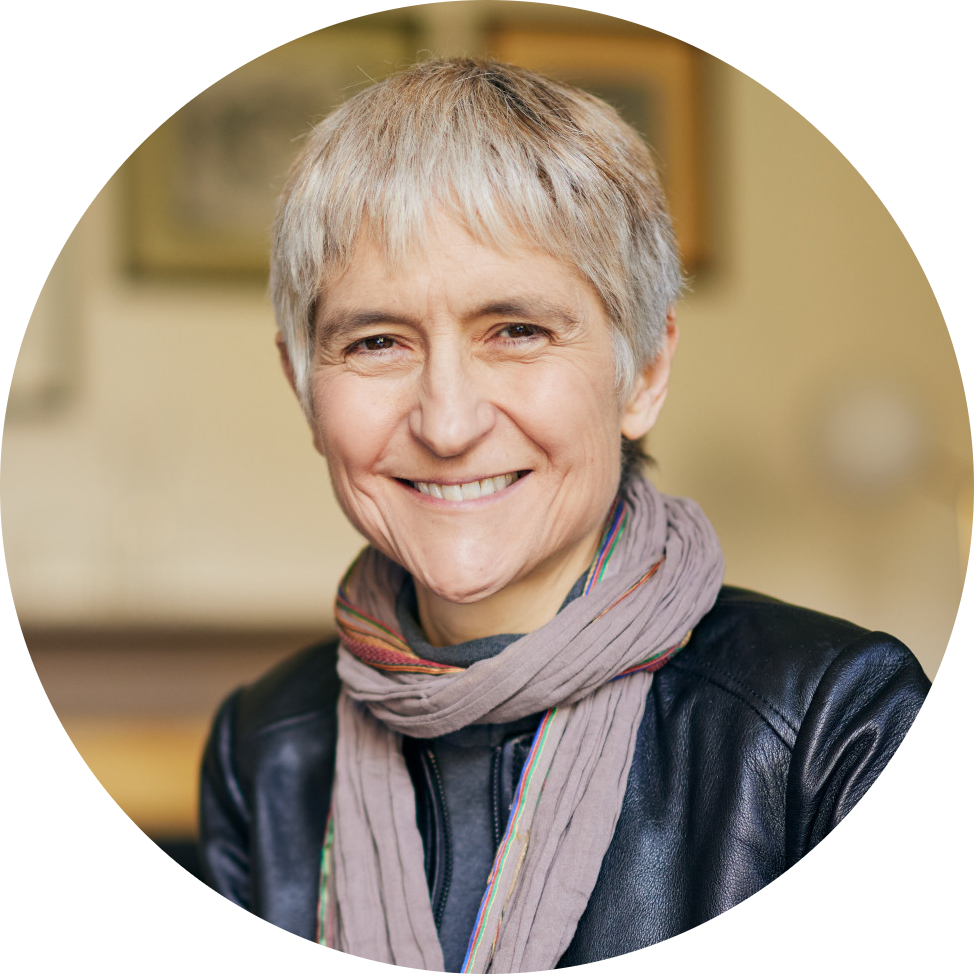Science advice in challenging settings: is Europe backsliding?
Dr Claire Craig
Vice-President (Evidence), INGSA
Chair, INGSA-Europe
Rokia Ballo
Regional Programme Officer, INGSA-Europe
Published on November 24th, 2025
David Budtz Pedersen’s blog sets out how the landscape of science advice in Europe is already well-inhabited at regional, city, national and multinational levels. In some places the national landscape rests on institutions of government and of academic fellowship developed over centuries, in others at least some of the institutions, behaviours and networks are very new. However, all face new and evolving challenges due to political, social, environmental and technological changes. Typically, these changes combine global elements with deep contextual specificity. All of this leaves those whose interest is ensuring that scientific evidence is available and is used in debate and decision-making at the national level perplexed about what to do, what existing systems and behaviours to retain and what to evolve.
Earlier this year the International Network for Governmental Advice established its new European Chapter (INGSA-Europe) with an inaugural conference at Queen’s College, Oxford. In Oxford, conference participants asked INGSA-Europe to help us all reflect on the rapidly changing - and challenging - settings for science advice in Europe, with a particular emphasis on transitions and ways to respond when relatively well-established patterns of government are unstable. It feels to many as if there are binary choices to be made at both personal and institutional levels. For example, how and when should those who support science advice protect the existing institutions that contribute to it? How and when should they promote change and of what kind? For scientists, when is it right to stay close to a government that may itself be moving away from democratic ideals and informed reasoning - or even to try to go deeper - and when is it best to oppose and confront?
Examples of the sharp questions this project will consider include: what scientific neutrality means for institutions and for individuals, in what contexts it is desirable or achievable, and what the alternatives really are; whether the role of “honest broker” for science advisors can continue to exist and, if so, how such positioning fits in the wide range of national policy contexts; what is science activism and when is it desirable; how can systems and individuals navigate changes in political leadership, diffuse leadership, populist or autocratic governments, and the political roles of businesses (noting that they increasingly also lead in areas of scientific research such as AI and health); what could and should inform the many choices about proximity to power and its effects on integrity, effectiveness and influence; what signals and indicators might trigger potential responses in the face of gradual or incremental change; and how and when advocating for the use of scientific evidence can be distinguished from the self-interest of scientists. INGSA-Europe’s discussions also pointed to the need to supercharge initiatives to engage Early and Mid-Career Researchers in science advice. As such, capability-building and thought leadership in this area forms another strand of work for the Chapter in the coming months.
The project on Science Advice in Challenging Settings will complement the wealth of existing platforms and venues for discussion only if it remains true to INGSA’s global ability flexibly to create safe spaces for real time conversations amongst practitioners and academics that build on and complement the extensive and relevant work carried on by researchers and networks across Europe. Over the next 6 months, INGSA-Europe is holding a number of such discussions and structured interviews, to inform developments at its 2026 Conference. This blog is the first in a curated Collection intended to form a “slow conversation” to complement that work and we invite you to consider contributing a blog for the Collection by responding to this piece or any of the other contributions as they are published here. INGSA itself is an open network.
If you would like to contribute to the Collection, then please get in touch through europe@ingsa.org, with a short (150 word) indication of the arguments you wish to make or experiences and reflections you wish to share. We welcome contributions from researchers (especially Early and Mid-Career researchers), practitioners and policymakers.
Copyright: © 2025 [author(s)]. This is an open-access article distributed under the terms of the Creative Commons Attribution License (CC BY). The use, distribution or reproduction in other forums is permitted, provided the original author(s) or licensor are credited and that the original publication in Frontiers Policy Labs is cited, in accordance with accepted academic practice. No use, distribution or reproduction is permitted which does not comply with these terms.



